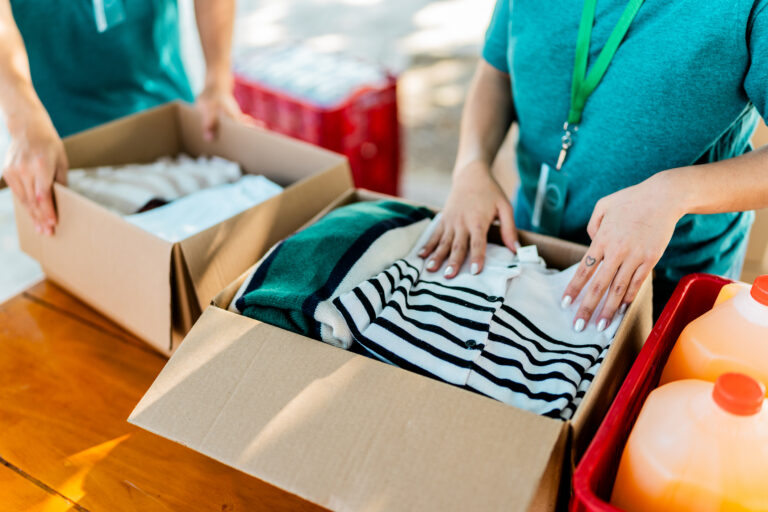With the sad reality of scammers taking advantage of people’s generosity, the end of financial year (EOFY) period in June is rife with charity scams.
Donating to a charity is tax deductible if your donation is $2 or more and it’s given to a deductible gift recipient charity. Many charities will encourage people to donate during the EOFY period as you can reduce your taxable income, which means you can get money back in your pocket as early as July.
Before you open your heart and wallet, take note of COBA’s Financial Crimes and Cyber Resilience team’s tips as we enter the prime time for charity scams this EOFY.
How do charity scams work?
Charity scams can show up in many forms, including fake websites, phishing emails and texts, crowdfunding platforms, cold calls, and even letters in the mail.
Staying informed is the best way to protect yourself and ensure your donations make a real impact.
The common tactics scammers use are:
- Impersonation: Scammers often pretend to be well-known charities or create fake ones with similar names to trick people into donating.
- Disaster appeals: After natural disasters scammers prey on public sympathy, using real images and stories to ask for donations to fake relief efforts.
- Cold calls: Some scammers call directly, using emotional stories to pressure you into sharing personal information or payment details.
- Emails and social media: Be cautious of messages that include links to donation pages – these can lead to fake websites designed to steal your information.
- Fake events: While less common, scammers have been known to promote fake concerts, auctions or fundraisers and pocket the proceeds instead of helping those in need.
How do I stay safe from charity scams?
The best tips for avoiding charity scams include:
- Verify the charity: Only donate to registered charities. A good way to do make sure you’re donating to a registered charity or not-for-profit is to check that they are listed on the official Charity Register. Genuine charities are willing to provide verification upon request – so it’s cause for concern if they don’t want to supply proof of authenticity.
- Go straight to the source: Don’t click on links in emails or social media posts which may lead to fake websites. Instead, go directly to the charity’s official website (as listed in the Charity Register)
- Be wary of unsolicited calls: If you receive an unsolicited call from a charity, say that you will call back and do that by calling the listed number in the Charity Register. If they try to use high pressure tactics that prey on your emotion or escalate to aggression, hang up.
What should I do if I suspect a charity scam?
If you believe you’ve spotted a charity scam, it’s vital to report it to protect yourself and others from falling victim. Report it to Scamwatch and ReportCyber.
If you have been scammed, report the scam via the above channels and contact your bank or card provider immediately to stop further transactions and explore recovery options.
